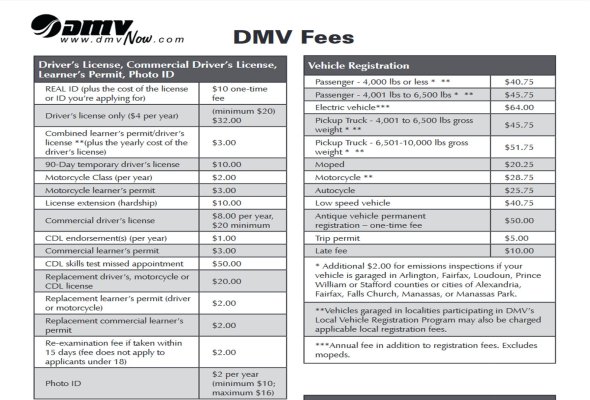Then again, many ICE engine cars aren't suited for long road trips. I don't want to spend more than 30 mins in the passenger seat of DH's subaru BRZ, it's not a road trip car even though it fills up on regular gas.
Personally, I think the vehicles best-suited to long highway trips are now pretty much extinct...the full-sized RWD sedans of the late 70's and 80's. My grandparents had an '85 Buick LeSabre that was a great cross-country car...plenty of stretch out room, huge trunk. When it was newer, it could actually get close to 30 mpg on the highway, in the right conditions, and with a 26-gallon tank, that would get you a cruising range of about 750 miles if you wanted to live dangerously.
Now admittedly, by the time that car got handed down to me, about the best I ever got out of it was around 21 mpg. However, I also found out that its Olds 307 V-8, often reviled for being a gutless wonder, performed much better when you shifted manually, and seemed to catch its second wind once you pegged the 85 mph speedometer

Most modern cars, though, just don't have the interior room for that kind of comfort. And while the seats might be bolstered better, for spirited driving, they're often smaller, and more thinly padded. The full-sized sedan has pretty much been replaced by minivans, larger SUVs, and crossovers. However, I have yet to see any of those rigs with a back seat as comfortable as a good, full-sized sedan. The problem, in my opinion, is that any seat that's designed to be folded down, or removed entirely, is going to sacrifice some comfort.




